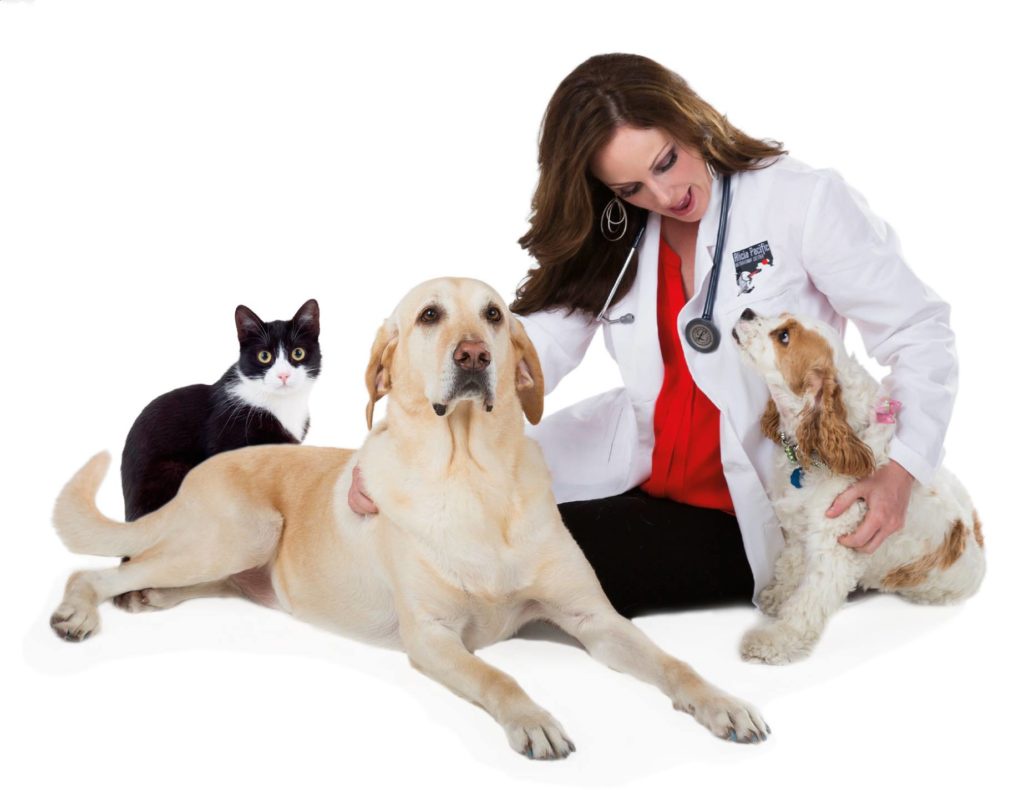Veterinarians provide fundamental care for animals and their owners; it's a detailed, dynamic practice. As with any profession, there are risks involved. To protect yourself, your patients, and your practice, your facility should have the right insurance coverage. There are several types of insurance that you may want to consider. From professional liability to disability insurance for veterinarians, here's why each kind would be beneficial:
Professional Liability Insurance
Professional liability insurance protects you in case a client files a lawsuit against you. These lawsuits can be filed for a variety of reasons, such as misdiagnosis, failure to diagnose, or incorrect treatment. Professional liability insurance covers the costs of legal defense, settlement, and/or judgments against you. It can address these costs up to the policy limit.
This kind of insurance is often specific to your profession, so verify that you have coverage that is tailored to the unique risks and requirements of veterinary practice. Without this coverage, you could be left with significant financial liabilities.
General Liability Insurance
This insurance protects you if a third party gets injured on your business premises. If a client slips and falls in your clinic, this insurance would cover the cost of any associated medical expenses and legal fees. General liability insurance also covers damages to third-party property, such as accidental damage to a client's car while it is parked in your clinic's parking lot.
General liability coverage helps protect your practice from unforeseen events and accidents. Without this coverage, you could be held personally liable for these expenses. This could be costly and damaging to your practice's finances and reputation.
Property Insurance
Property insurance protects your property and assets in case of unforeseen events. This type of insurance covers damage, theft, or loss of your property. Property includes your equipment, inventory, and physical premises. If your clinic is damaged by a fire or natural disaster, property insurance will cover the cost of repairs. If your equipment or inventory is stolen, the policy will cover the cost of replacing the stolen items.
A property insurance policy would help safeguard your practice against harmful financial losses. It helps protect your business assets so that you can continue to operate in the event of unexpected property damage, theft, or loss.
Workers' Compensation Insurance
If you have employees working for your veterinary practice, you will need to have workers' compensation insurance. This coverage provides financial assistance to your employees if they get injured or become ill due to work-related activities. It typically includes medical expenses, lost wages, rehabilitation costs, and more.
Workers' compensation insurance is mandatory in most states. Failing to carry this coverage can result in significant financial penalties and legal liabilities for your practice. By providing this coverage, you can protect your employees and your practice. It also demonstrates your commitment to providing a safe and healthy workplace.
Disability Insurance for Veterinarians
Disability insurance for veterinarians provides financial protection if you are unable to work due to illness or injury. It can help replace a portion of your income and cover your ongoing expenses, such as rent or mortgage payments, while you are unable to work. Disability insurance can be especially important for veterinarians who work in physically demanding roles, as the risk of injury or illness is higher.
A serious illness or injury could otherwise result in significant financial hardship for you and your practice. This coverage can help protect your income and your financial stability in case of unexpected setbacks.
Business Interruption Insurance
Business interruption insurance covers you in case you have to temporarily close your business due to unexpected circumstances like a natural disaster, fire, or flood. It can cover lost revenue, ongoing expenses like rent or utilities, and even employee salaries during the period of interruption. It also helps protect your financial stability during difficult times so that your practice can continue to operate.
Finding the Right Policies for Your Practice
Consult with an insurance agent to determine which types of coverage would be best for your particular veterinary practice. They can help you assess your risks and select appropriate coverage to protect your business and assets. With the right insurance policies, your veterinarian practice can operate smoothly and successfully from day to day.


No comments yet